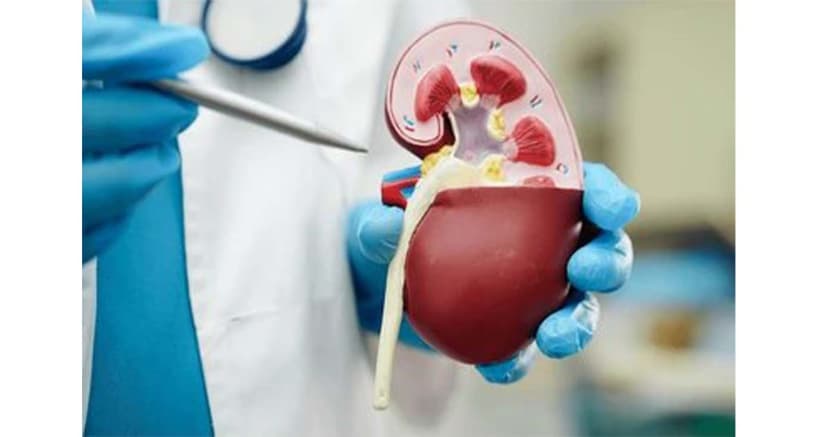Understanding the Flu: Prevention, Symptoms, and Treatment Options
By:

Apex Hospitals
30-07-2024

What is flu?
Flu, or influenza, is a respiratory infection caused by the influenza virus that affects the nose, throat, and lungs. Often referred to as the "flu," it should not be confused with the stomach "flu," which leads to symptoms like diarrhoea and vomiting. While many individuals recover from the flu without medical intervention, it can sometimes lead to serious complications and, in severe cases, life-threatening.
What are the causes of the flu?
The flu is caused by the influenza virus, which includes several types: A, B, and C. Types A and B are seasonal, typically causing more severe symptoms and peaking during the winter months. In contrast, Influenza C generally leads to milder symptoms and is not seasonal, with case numbers remaining reasonably consistent throughout the year.
How does the flu spread?
The influenza virus spreads through direct and indirect contact with an infected person. Standard methods of transmission include:
1. Airborne Droplets: Breathing in droplets from someone nearby coughing, sneezing, or talking. These droplets can land on your hands or be inhaled directly into your nose or mouth, eventually reaching your lungs.
2. Contaminated Surfaces: Touching surfaces or objects contaminated with the flu virus, such as doorknobs, desks, computers, and phones, and then touching your face, nose, mouth, or eyes.
3. Direct Contact: Touching the hands or face of an infected person and subsequently touching your face, nose, mouth, or eyes.
What are the symptoms of flu?
The symptoms of the flu (influenza) can vary from mild to severe and typically include:
- Fever: Often high, but only sometimes present.
- Cough: Dry and persistent.
- Sore Throat: Pain or irritation in the throat.
- Runny or Stuffy Nose: Nasal congestion or discharge.
- Muscle or Body Aches: Generalized muscle pain or soreness.
- Headaches: These can be intense or persistent.
- Fatigue: Extreme tiredness or weakness.
Severe Symptoms:
- Shortness of Breath: Difficulty breathing or not getting enough air.
- Chest Pain: Discomfort or pain in the chest.
- Confusion: Disorientation or altered mental state.
- Persistent High Fever: Fever that doesn't subside with usual medications.
What is the treatment of flu?
1. Rest and Hydration: Most people recover from the flu with rest, hydration, and over-the-counter medications to relieve symptoms.
2. Antiviral Medications: A healthcare provider may recommend Prescription antiviral drugs to reduce the severity and duration of the flu, especially if taken within the first 48 hours of symptom onset.
3. Medical Attention: Seek medical care if symptoms are severe or if you are at higher risk for complications, such as young children, elderly individuals, pregnant women, or those with chronic health conditions.
When to see a doctor
Most individuals with the flu can manage their symptoms at home and do not need to consult a healthcare professional. However, if you experience flu symptoms and are at higher risk for complications, it is essential to seek medical advice promptly. Antiviral medications reduce the duration of the illness and prevent more severe issues.
For emergencies, it is crucial to seek medical attention immediately. For adults, emergency symptoms include:
- Difficulty breathing or shortness of breath
- Chest pain
- Persistent dizziness
- Seizures
- Worsening of pre-existing medical conditions
- Severe weakness or muscle pain
In children, emergency symptoms include the above adult symptoms, as well as:
- Grey or blue discolouration of the lips or nail beds
- Signs of dehydration
FAQS
Related Articles
Connect With Us
Health In A Snap, Just One App.
KNOW MORE
























































































































































